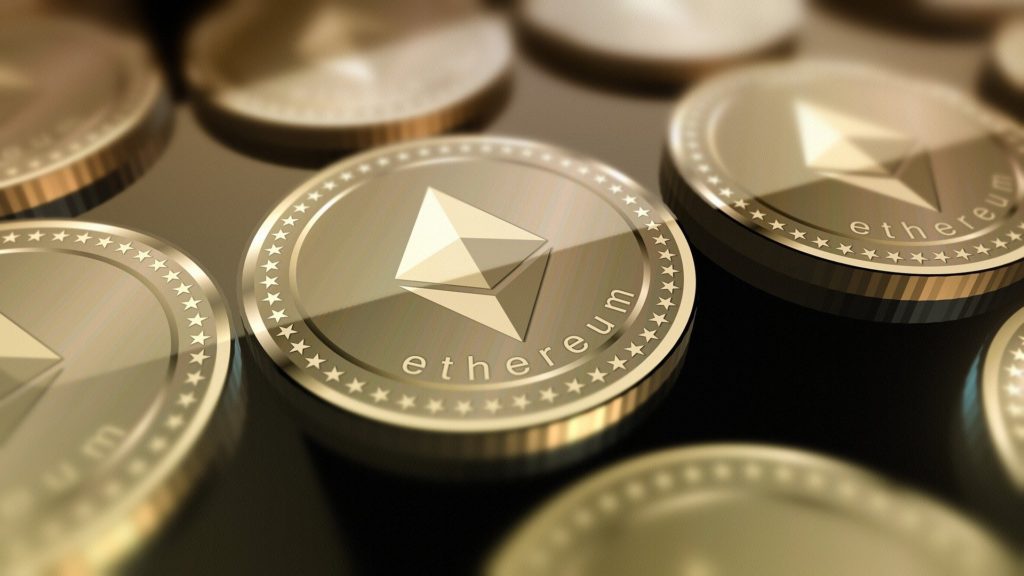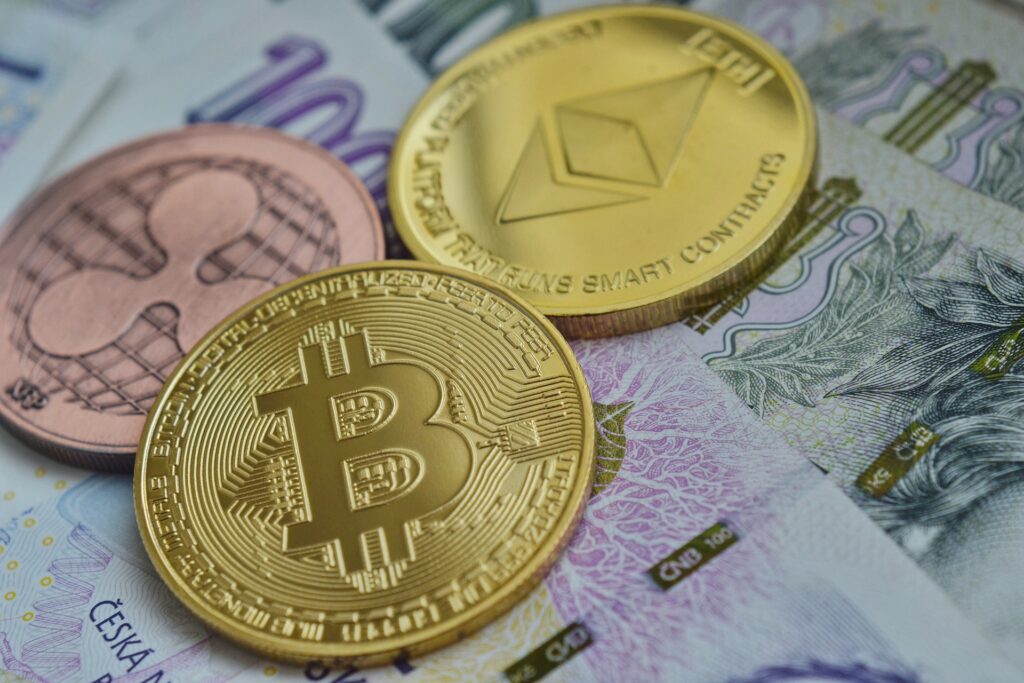Generally, it is commonly said that Bitcoin is not backed by anything, and that’s true. Similar to this, modern fiat currencies are not backed by anything either, but they are different. Since they are endorsed by a government, fiat currencies—by default—are held by anyone paying taxes and buying government bonds. Of course, some of the international commodities sales are denominated in dollars, and this provides people with another reason to hold on to dollars. However, for cryptocurrencies, adoption challenges persist. Currently, these digital tokens are a fast, secure, public payment layer on top of the existing fiat money system, which is an experimental deployment that might develop to replace the centralized payments methods implemented by institutions like Visa and MasterCard today.
Certain possibilities are on the horizon, though, as governments and private institutional investors start to provide large markets for financial products and services denominated in cryptocurrencies.
Gresham’s Law
Does it really matter if financial products, contracts, insurance policies, (and so on) are denominated in a cryptocurrency? And how does this relate to Ethereum? Any currency that can buy a lot of valuable securities and assets is a currency that is worth saving. The Ethereum network ensures that anyone can write a trustworthy, self-executing financial contract—otherwise called a smart contract—that will move Ether in the future. Reasonably, this could allow financial contracts that project far into the future, and this gives stakeholders in the contract a good reason to consider Ether as a store of value.
Even though it was originally applied to gold and silver currency, Gresham’s law proposed that in any economy, “bad” money drives out “good.” This simply means that people save and hoard currencies they expect to appreciate in value while spending the currencies they expect to depreciate in value. Regardless of the fact that the law is named after a 16th-century English financier, the concept seems to date back to Medieval writings, and back to ancient texts such as the Aristophanes’ poem “The Frogs.”
For a very long time, people have saved their work-product value in a monetary instrument that will stay stable and appreciate in value – not something prone to crashing in value. In recent times, however, cryptocurrencies are quite volatile in price, and—as of the time of this writing—are only accepted by a few governments and corporations across the globe. Few businesses adopt the use of decentralized smart contracts. Similar to this, the fiat currencies that are issued by central banks have had an awful historical record, notably prone to bubbles, depressions, and manipulation. The questions now are “Can cryptocurrency ever be real money?” and “Will it be better than the money we are used to?”
The Path to Better Money
Currently, the Bitcoin system has grown in popularity and is used by people, corporations, and governments to transfer value. Every time Bitcoins are sent, a small fee is paid to the network, which is denominated in Bitcoins. Ether—denoted by ETH—can be used in a similar fashion. However, some things are worth pointing out. The role of Ether does not end there—it has another use. Ether can pay to run programs on Ethereum’s network. These programs can move Ether anytime and when specific conditions are met.
Furthermore, due to its ability to pay for the execution of transactions in the future, Ether can also be considered as a commodity, much like fuel that enables the network to run applications and services. So, it is not just considered a store of value. The over-usage of fiat currencies might tempt people to think of cryptocurrencies as bad money—which implies that they might become worthless eventually. However, Ether and Bitcoin are often hoarded by holders and are seen as future currencies.
Bottom Line
One of the important reasons to bring up currencies and commodities in the talks related to smart contracts is to think in terms of building economic systems in pure software—that is the promise of Ethereum.



